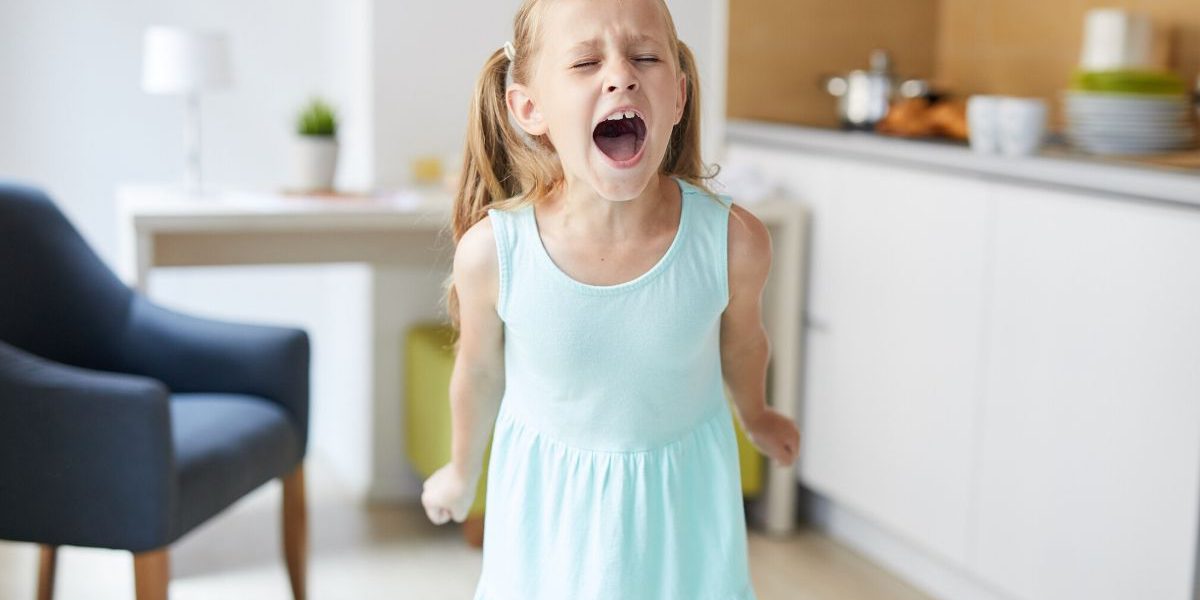When children “act out” or display negative behaviours, it is important to try and identify what is going on underneath, what is the need. The Circle of Security Parenting programme highlight how targeting the behaviour is like treating the symptoms and ignoring the cause of an illness. You can learn more about The Circle of Security through their website https://www.circleofsecurityinternational.com/
So what might be going on underneath? Is your child hungry or tired? When our basic physiological needs which include food, water and sleep are not satisfied this has an impact on her behaviours. You might be familiar with the term “Hangry” and this is where it stems from. Is your child frustrated, because they have not learnt the ability to self regulate their emotions? Are they feeling unsafe and looking to you to hold strong boundaries?
It is important to get curious as a parent. Often when a child displays the most negative behaviours is when they need us the most. As a parent, this is both conflicting and confusing. I work with parents around how to become their child’s external regulators. In that moment of when your child has flipped their lid, they need you to be calm and regulated. For a scientific explanation on what happens in the brain when we are overwhelmed I recommend Dan Siegel’s explanation, view it here https://www.youtube.com/watch?v=G0T_2NNoC68
When we react to children’s negative behaviours by taking something off of them such as a treat or screen time or by sending them to their room, this can lead to children feeling more angry and abandoned by their caregiver. It is sending an underwritten message of “I can’t handle you and your big feelings”. But for children that is what they exactly need, they need someone to empathise with their big feeling, put language on it and help them to make sense of it. It is the time when children most need connection.
So what can you do? Firstly, stay grounded and as calm as possible. Ways that you can do this are taking some deep breaths, feeling your feet on the floor, taking a sip of cold water. Our aim is to respond first, not react. Next, it is essential to name what you can see, for example “I can see that you are angry right now, you’re fists are clinched and tears are rolling down your face”, the next step is to physically connect in a gentle way, offering a touch to your child’s arm or shoulder. It is also helpful, to make yourself smaller by sitting on the ground or on your knees. This all communicates I AM NOT A THREAT, YOU ARE SAFE, I AM HERE FOR YOU, I CAN HANDLE YOUR BIG FEELINGS, EVEN IF YOU ARE ANGRY WITH ME THAT IS OK.
Once you have helped your child to self regulate, then and then only can you move into problem solving or trying to make sense of the situation. This takes practice and remember good enough is what we are aiming for not perfect.
When children have the experience of a consistent caregiver who can help them to manage their feelings and self regulate this is adding to the overall development of their positive mental health. If this doesn’t happen, children can develop very negative coping mechanisms such as self harm or bottling up their feelings and these follow them into their adult life.
The message is that no matter what feeling you have is that it is OK and it is normal. Everybody from their teacher, to their granny to their postman all have these feelings. Feelings are important because they are our bodies way of communicating something, they carry important messages. The emphasis needs to be on learning how to manage these feelings because you can’t get rid of them! I hope to write more about this in future posts and will cover a wide range of feelings such as anxiety, anger, jealousy, sadness and much more. Please let me know if you found these post useful.
Take Care,
Lorraine




